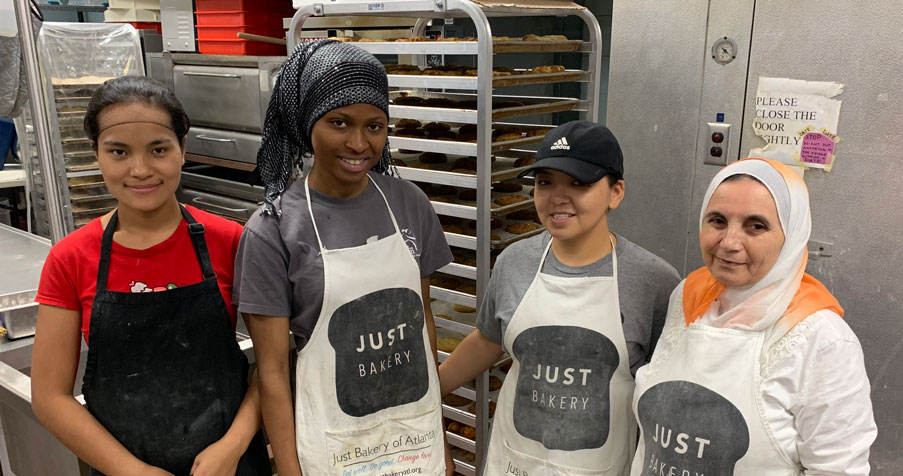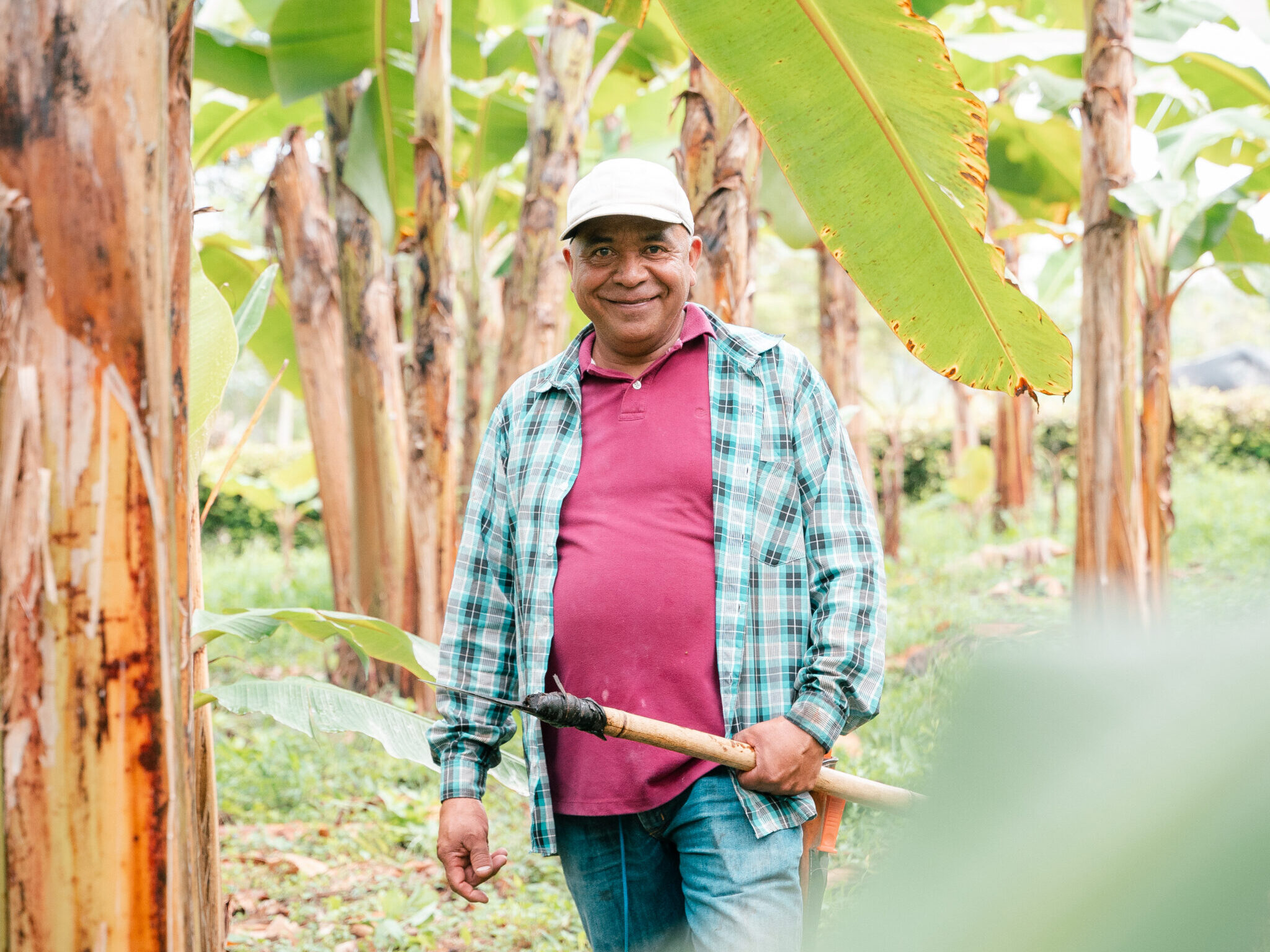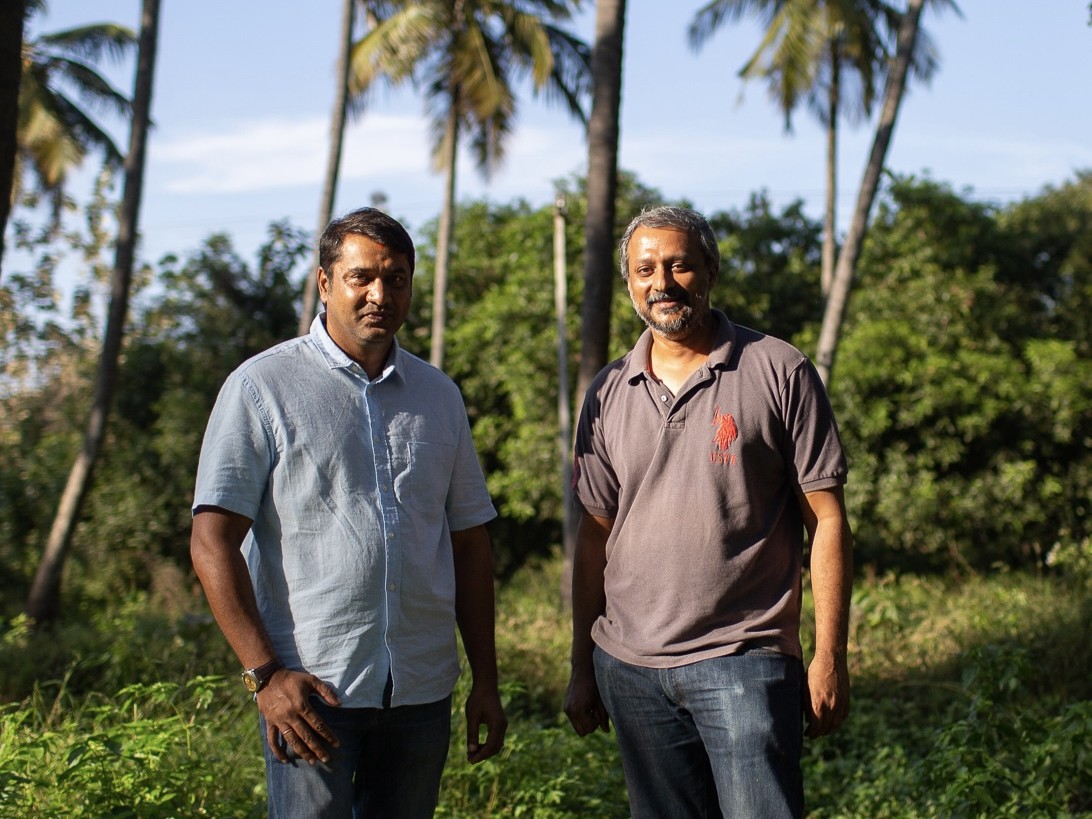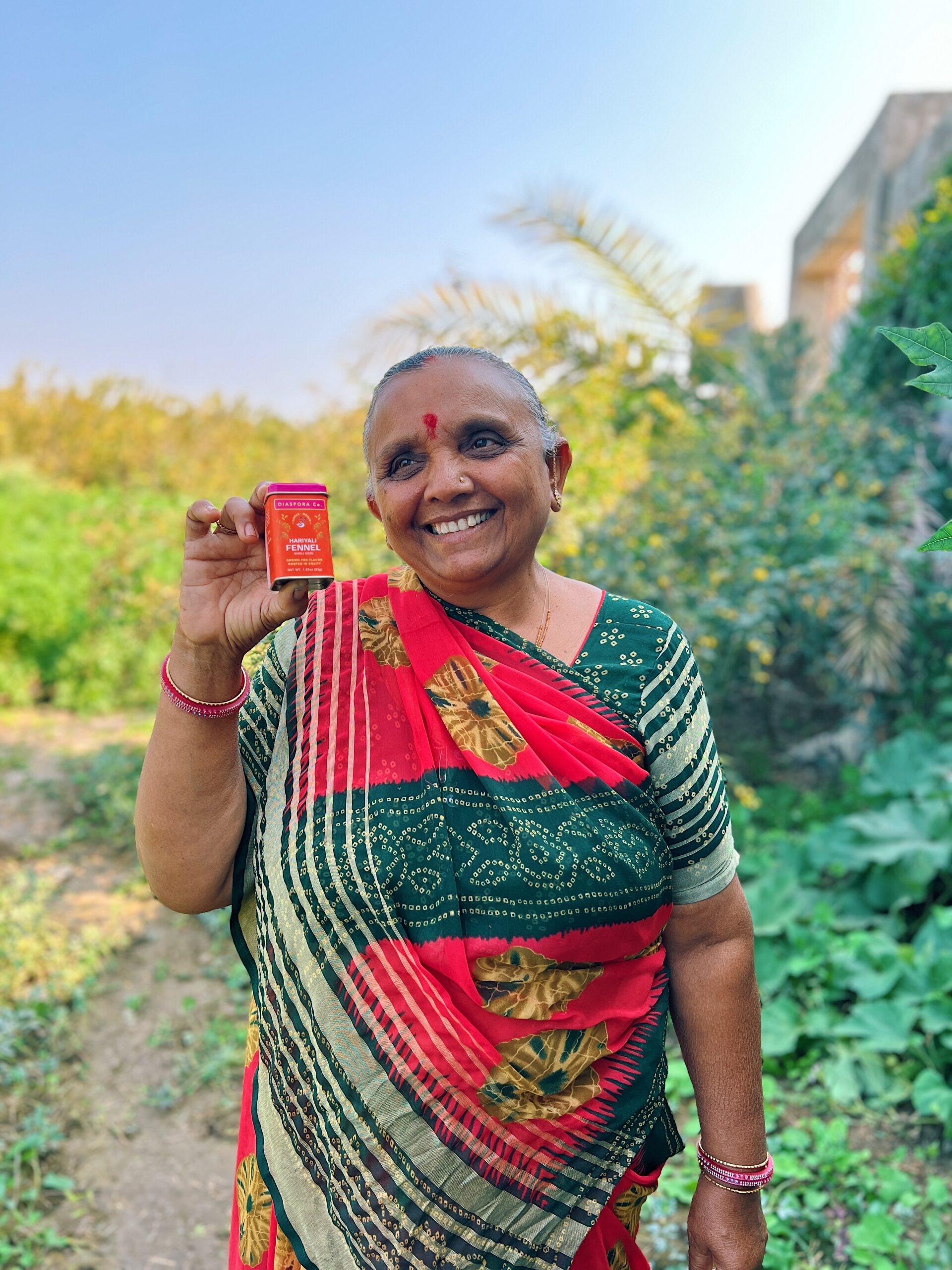When I started working at RSF Social Finance three months ago, I knew very little about philanthropy. I started my role as a Program Associate after having been a classroom teacher for two years, and I was eager to discover how RSF gets resources to communities that need them most. Lucky for me, I was able to dive into this question just weeks after starting at RSF by participating on the Seed Fund review committee. The RSF Seed Fund awards small grants that range between $500 and $3,500 to new initiatives, projects, and programs that are advancing the fields of food and agriculture, education and the arts, and climate and environment. The process begins by selecting staff participants to the review committee with priority given to those who have not participated in past rounds, such as myself. Committee members are then trained on the mechanics of scoring applications and record their scores based on a predetermined set of criteria. Once all the scores have been tabulated, the group reconvenes to deliberate and decide on the finalists.

The Seed Fund committee this year had the challenging task of narrowing down over 100 project proposals to a select few to fund. The vast diversity and creative problem-solving nature of the proposals made this effort even harder. Project proposals reflected all of RSF’s focus areas, and many of which represented an intersection of multiple. One theme we noticed among the numerous trailblazing proposals was equitable access. Whether this was addressed by providing job training for new refugees in Atlanta, GA or through the creation of a bilingual resource guide for small scale producers in Alamosa, CO, most projects aimed to equip community members with resources that they did not have.
Selecting only a few projects to fund brought up the following challenges for the committee:
1. A discomfort with the amount of power we each had
2. Unconscious bias
As a group, many committee members commented on feeling a sense of discomfort with the amount of power we each had to decide which projects would get funded. Without deeply understanding the communities that the projects were in, how could we know which projects would make the biggest impact? We craved conversations with the applicants to better understand their needs and the work they have already done to address these issues. Because of this, we struggled at first to eliminate any projects because we saw strong potential for lasting change in each proposal.
Another challenge we found ourselves grappling with was recognizing—and simultaneously trying to silence—our respective unconscious biases. I noticed my unconscious bias creeping in in a few different ways. As a former educator and someone deeply passionate about educational equity, I found myself wanting to fund projects that impacted the lives of children whether the projects actually met the guidelines we had laid out in the application. I also noticed bias in regard to the communication styles of the applicants. I felt drawn to applications with lots of detailed information about the project, as well as applications that were eloquently written. I failed to consider the difference in resources that organizations may or may not have to write robust applications. I kept coming back to a quote by Edgar Villanueva in his book Decolonizing Wealth, that I had read days before as part of the RSF Book Club. As a leader in progressive philanthropy, Edgar stated that “often the best work is happening in places where people aren’t writing the best applications about the work.” This is a good reminder not to let the length or one interpretation of an application lead the decision making in what gets funded.
Among these challenging decisions, feelings, and conversations, there were moments of deep collaboration and joy. In recognizing our discomfort with the amount of power we were given, the committee collectively created a new set of criteria to guide our decision making. This new set included whether the projects addressed access to resources, whether the project was community governed and responded to a particular need in the community, and if the project had a specific lens of diversity, equity, and inclusion. Keeping this framework in mind helped guide the decision making in a more fair and equitable way. In addition, the opportunity to collaborate and hear different perspectives that staff members brought to the conversation quelled some of the unconscious bias I was experiencing. The committee was made of members from the Marketing, Legal, Lending, and Philanthropic Services teams at RSF. Listening to how other committee members approached decision making, and having the opportunity to courageously ask hard questions, was essential for our ability to make decisions in a democratic way. We deeply listened to each other and were able to speak honestly about the varied unconscious bias that we experienced. As someone brand new to RSF, I appreciated this snippet into how accountable and authentic the RSF community is. In the same vein, I was pleasantly surprised to discover that a large portion of the funds that make up the Seed Fund are donated from RSF staff payroll deductions. This notion of collective action is powerful, and highlights the collaborative nature ingrained in the culture of RSF. Perhaps the most satisfying moment of the process was taking a step back once the eight projects had been selected, and reflecting on the importance of on the ground-work these organizations are doing in their communities every day.
The philanthropic sector has a long way to go in fairly addressing power dynamics and dismantling systems of inequity. Partaking in this process instilled in me a belief that collaboration is essential in the process of making systemic change, and we must listen to and appreciate the diversity of perspectives around us. This democratized approach to grantmaking is one solution that RSF is trying, but there is still a lot we don’t know and a lot to learn. What we do know is that the traditional approach to grantmaking, where one person has all of the decision-making power, will not effectively change the inequity we are facing in the philanthropic sector or in the world today. I am eager to continuously question and confront unjust power dynamics within philanthropy, and on a larger scale, in society as a whole. I challenge others to do the same.
The 8 Seed Fund grantees this year highlight an array of projects that provide voice and access to community members across the United States, and are leading the way for a more just and equitable world. I am deeply inspired by their work, and excited to watch as these innovative projects make a positive lasting impact!
Emma is a program associate on RSF’s philanthropic services team.


